What’s 1 effective thing to achieve better representation in the industry?
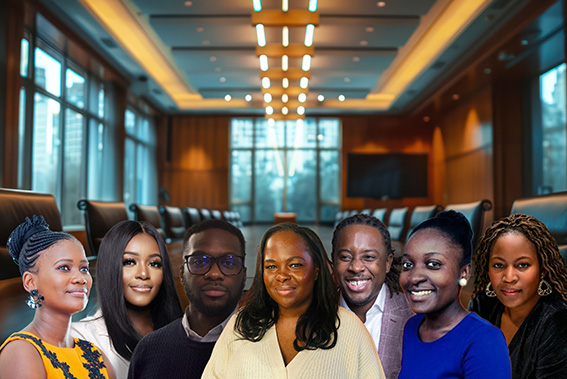
During Black History Month, The Media Leader asked media and advertising leaders what is the one most effective change to make to bring about more equitable representation in the industry.
An array of suggestions were put forward, from measurement to getting allies on board, from long-term investment to a shift to focus on retaining — not just recruiting — diverse talent.
Chloë Davies, founder and CEO, It Takes A Village
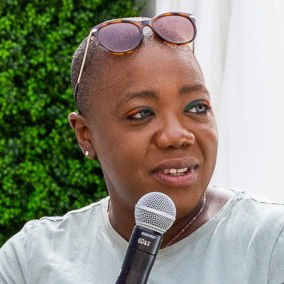 “The one thing that I’d ask the industry to do is to take note of who’s not in the room. Take note of who you don’t see and create a sustainable, equitable foundation for those faces, races, identities and genders to be part of a conversation that they’ve never been able to take part in before. And keep doing it.”
“The one thing that I’d ask the industry to do is to take note of who’s not in the room. Take note of who you don’t see and create a sustainable, equitable foundation for those faces, races, identities and genders to be part of a conversation that they’ve never been able to take part in before. And keep doing it.”
Dino Myers-Lamptey, founder, The Barber Shop
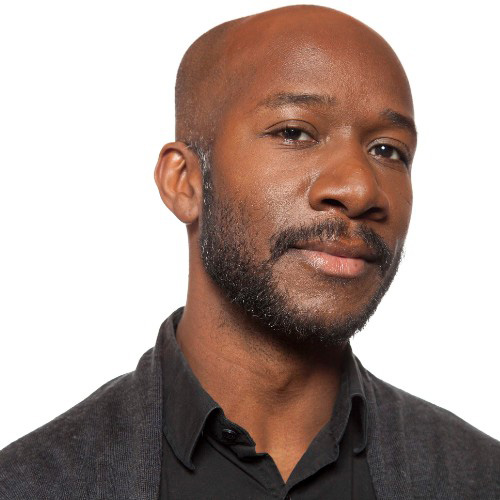 “The single most important thing is around transparency and measurement of diversity at every level. Companies have got to lift the lid on how they operate and the make-up of their workforce. Allow talented, diverse people to make good, conscious decisions about where they work, based on this data, and the reality of the companies that they’re in.”
“The single most important thing is around transparency and measurement of diversity at every level. Companies have got to lift the lid on how they operate and the make-up of their workforce. Allow talented, diverse people to make good, conscious decisions about where they work, based on this data, and the reality of the companies that they’re in.”
Rachel Uyinmwen, head of HR UK and US, Onetag
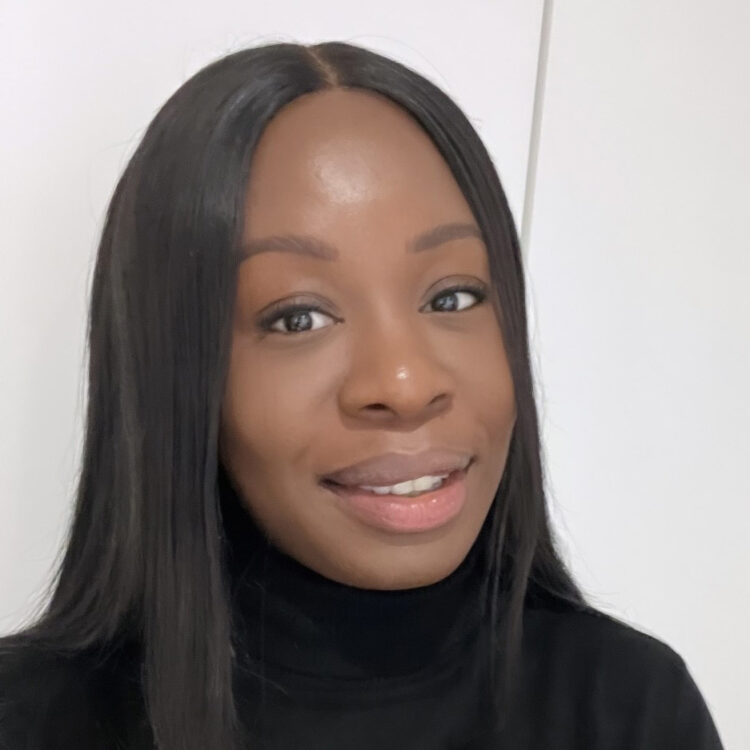 “If I had to highlight one approach, I would suggest investing in mentoring and coaching programmes that focus on retaining diverse talent.
“If I had to highlight one approach, I would suggest investing in mentoring and coaching programmes that focus on retaining diverse talent.
“Individuals from under-represented groups may experience bias or feel marginalised in the workplace, which can hinder their ability to thrive and realise their full potential, ultimately limiting career growth. By investing in mentorship and coaching, we can create safe spaces that offer the support, guidance and encouragement people need to overcome these challenges and succeed.”
Axel Campbell, sales development representative, ESBConnect
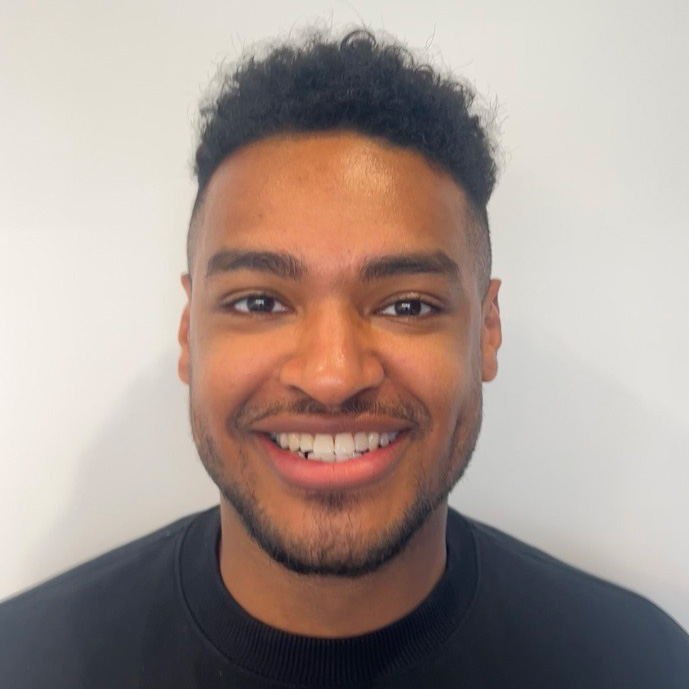 “One thing that can have the biggest effect on equitable representation would be to change the way we give people opportunities. Because I think a lot of businesses — and, frankly, people — are stuck in the past when it comes to equitable representation.
“One thing that can have the biggest effect on equitable representation would be to change the way we give people opportunities. Because I think a lot of businesses — and, frankly, people — are stuck in the past when it comes to equitable representation.
“Many companies are fine to move with the times when it comes to the internet, technology, sales and marketing. But if you’re not changing and adapting the very foundations of how a business operates — and who they employ and promote — then are we really changing as an industry?
“And this change must be promoted across all of a business’ activities. I’ve worked in many places that have given fantastic support — and rightly so — to charities surrounding things like Pride and cancer awareness, but very few that give the same degree of attention to Black History Month, for example. Change must be integral to all aspects of the industry’s activities.
“As a black person, it can be awkward to make your feelings known on the subject, because no-one wants to be that person that makes everything about colour — that can have negative connotations.”
Debbie Tembo, inclusion partner, marketing, Creative Equals
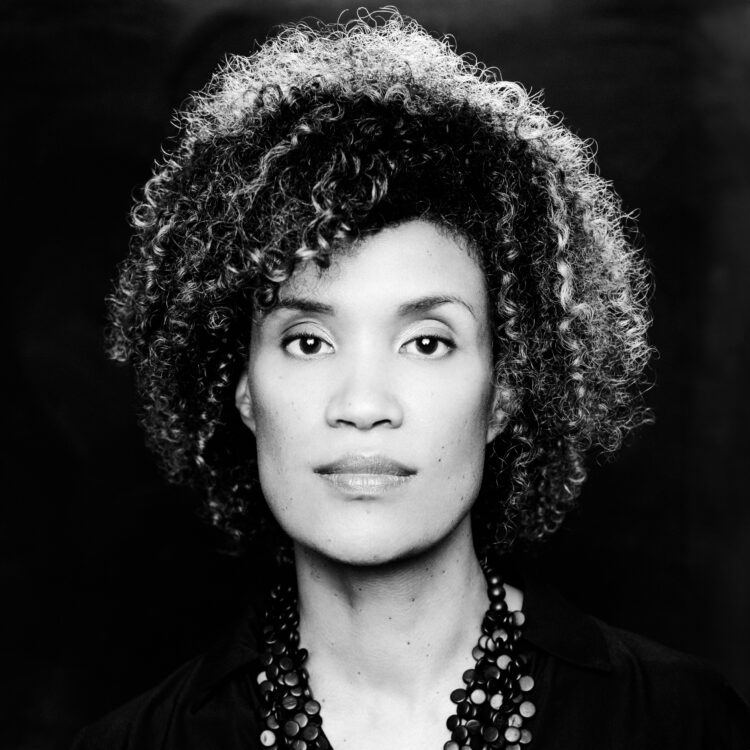 “I think we need to stop talking up ‘doing the right thing’ and get on with the work of doing the right thing. That requires industry leaders to enable people through the provision of resources to get on with making the necessary changes for us to achieve progress when it comes to equitable representation.
“I think we need to stop talking up ‘doing the right thing’ and get on with the work of doing the right thing. That requires industry leaders to enable people through the provision of resources to get on with making the necessary changes for us to achieve progress when it comes to equitable representation.
“True change requires consistent commitment and action over the long term, despite macro volatility, and it needs to be driven by those in positions of power to enable those who need to do the work to do the work.”
Jordan Jarrett-Bryan, sports reporter, Channel 4 News; founder, Blakademik Productions
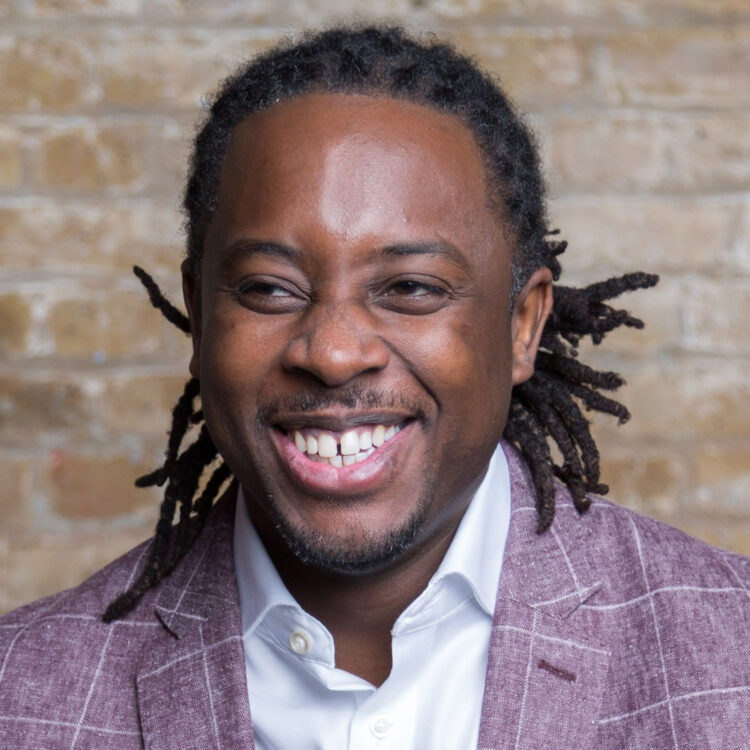 “A combination of black people being more aggressive, strategic and patient with how they manoeuvre themselves into senior leadership roles. I think we’ve really got to force our way into this industry, because there’s not many of us in terms of the population of black people in Britain. There’s a lot of talent, but we’ve got to keep pushing.
“A combination of black people being more aggressive, strategic and patient with how they manoeuvre themselves into senior leadership roles. I think we’ve really got to force our way into this industry, because there’s not many of us in terms of the population of black people in Britain. There’s a lot of talent, but we’ve got to keep pushing.
“That should be combined with — and this is a bit of a unicorn/dream — white allies accepting and understanding that you make more money if you open up the door to more people. A big issue we have is that white people don’t want to share power. But why would you? I want all the power, I want all the money and all the say. This has worked for the last 50-100 years, why would I change that?”
Chenai Madziwa, client partner, Jellyfish
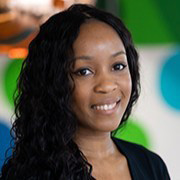 “In terms of what the industry needs to do for equitable representation, I love the quote about ‘Diversity is being invited to the party; inclusion is being asked to dance’. Extending the party analogy further, it’s about being able to contribute to the rhythm of the music, what’s going on in the space, influence decisions; maybe you’re actually involved in the organisation of the party.
“In terms of what the industry needs to do for equitable representation, I love the quote about ‘Diversity is being invited to the party; inclusion is being asked to dance’. Extending the party analogy further, it’s about being able to contribute to the rhythm of the music, what’s going on in the space, influence decisions; maybe you’re actually involved in the organisation of the party.
“So I think true equitable change comes from diverse people having influence in the shape of the industry and culture — not just being asked to participate in it.”
Nomcebo Langa, regional social media marketer, Impact.com
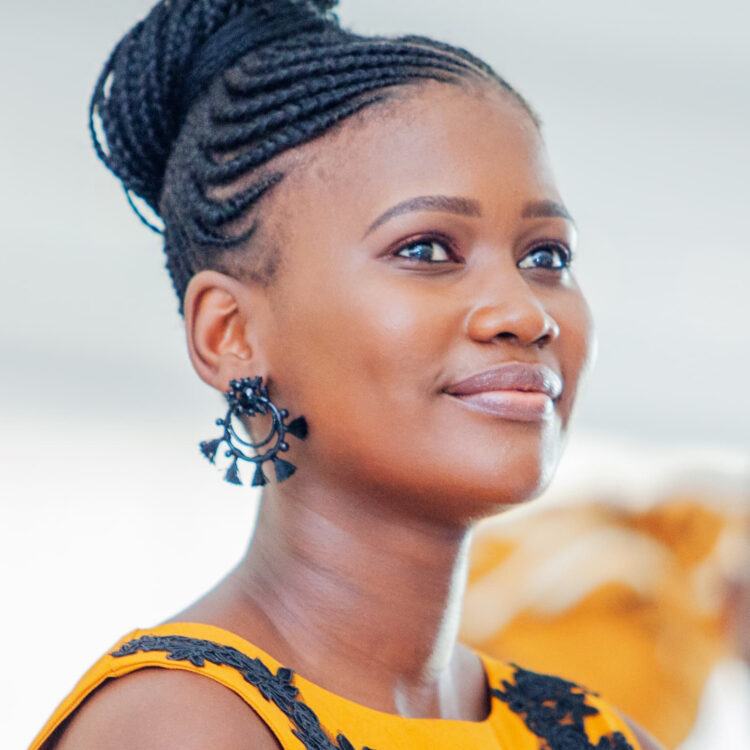 “Diversity and inclusivity aren’t just trends to tap into; they require long-term investment to help break down barriers and promote equitable representation in our industry. There are so many steps to take towards equity, but one impactful change would be implementing comprehensive mentorship programmes, specifically targeting underrepresented groups in tech.
“Diversity and inclusivity aren’t just trends to tap into; they require long-term investment to help break down barriers and promote equitable representation in our industry. There are so many steps to take towards equity, but one impactful change would be implementing comprehensive mentorship programmes, specifically targeting underrepresented groups in tech.
“By pairing emerging talent with experienced leaders who can advocate, provide guidance and help navigate career paths, we can create a more inclusive environment and foster diverse talent at all levels.”
Chris Kenna, CEO, Generation Black TV; CEO and founder, BA Diversity Media
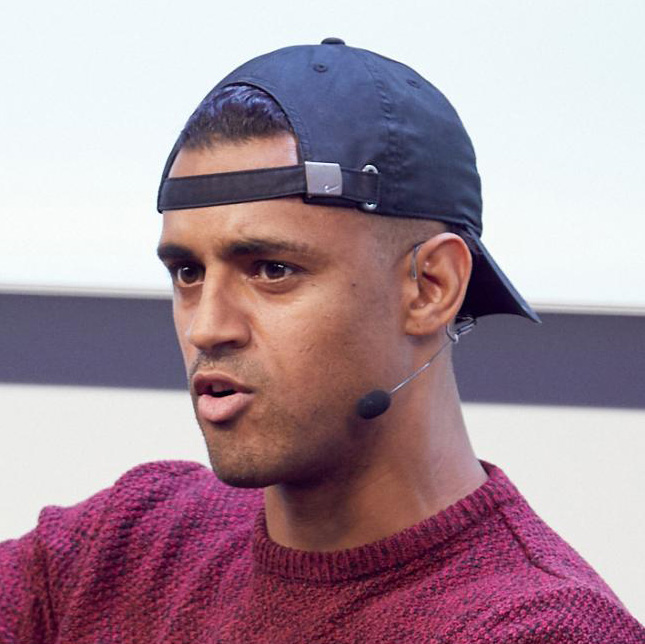 “The one thing that I think will change the dial for our industry is time. Because in time people that are around now will no longer be around and we will be replaced by young people. Young people don’t look at the world as we do. Sure, they have issues, but not the ones we have.
“The one thing that I think will change the dial for our industry is time. Because in time people that are around now will no longer be around and we will be replaced by young people. Young people don’t look at the world as we do. Sure, they have issues, but not the ones we have.
“They don’t cling on to ways and means of working that are over 30 years old; they don’t think certain communities fit certain roles, while other communities are further down the pecking order. None of that applies to them. So, unfortunately, the thing for me that is going to change this industry is time. We’re all going to die; the young are going to take over and the world will be better for it.”
Mayowa Palmer, account manager, GumGum
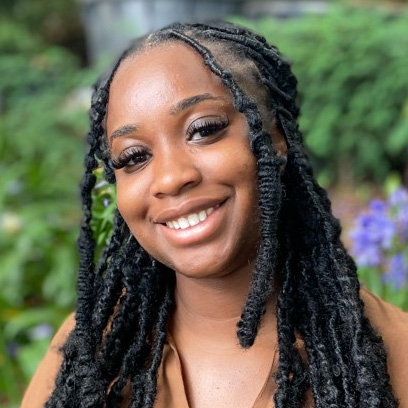 “I think the single thing that will bring about more equitable representation is an increasing focus on programmes to retain black talent. There’s so much focus on what we can do to bring black talent into the industry, but there’s not any programmes that focus on retaining and developing black talent to see them step into leadership positions.
“I think the single thing that will bring about more equitable representation is an increasing focus on programmes to retain black talent. There’s so much focus on what we can do to bring black talent into the industry, but there’s not any programmes that focus on retaining and developing black talent to see them step into leadership positions.
“I think if we can shift our energies towards that, we’ll see lots more equitable representation across the industry as a whole, from entry level up to senior leadership.”
Sheryl Agyemang, marketing and media professional
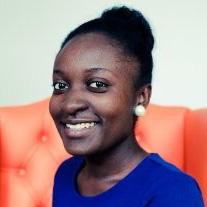 “Individual accountability. For everyone to ask themselves: how am I supporting or hindering equitable representation? If we don’t ask ourselves that question, we avoid addressing the things we need to and doing what we must to significantly move the dial.”
“Individual accountability. For everyone to ask themselves: how am I supporting or hindering equitable representation? If we don’t ask ourselves that question, we avoid addressing the things we need to and doing what we must to significantly move the dial.”
Jay Richards, CEO, Imagen Insights
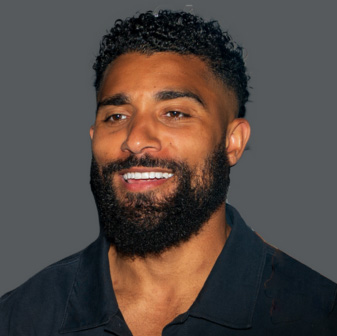 “The single thing that would have the most impact with regard to equitable representation is investing capital, but enabling it to be long-term capital. We need to support people over an extended period. Building businesses or projects takes a while. And if we can support people on their journey — while they’re doing the work — we will get to a position where they in turn can start offering support.
“The single thing that would have the most impact with regard to equitable representation is investing capital, but enabling it to be long-term capital. We need to support people over an extended period. Building businesses or projects takes a while. And if we can support people on their journey — while they’re doing the work — we will get to a position where they in turn can start offering support.
“This will result in helping people progress into senior leadership roles and those people will naturally look to help others, because they’ve been helped themselves. If we can do that right from the start and continue to do that through the entire process, that will make a difference.
“That’s what a lot of our investors have done. They’ve not just supported me (or us) once; they’ve done it continually. And that has given me the opportunity to do the same.”
Annika Allen Gray, head of diversity, equity and inclusion, All3Media
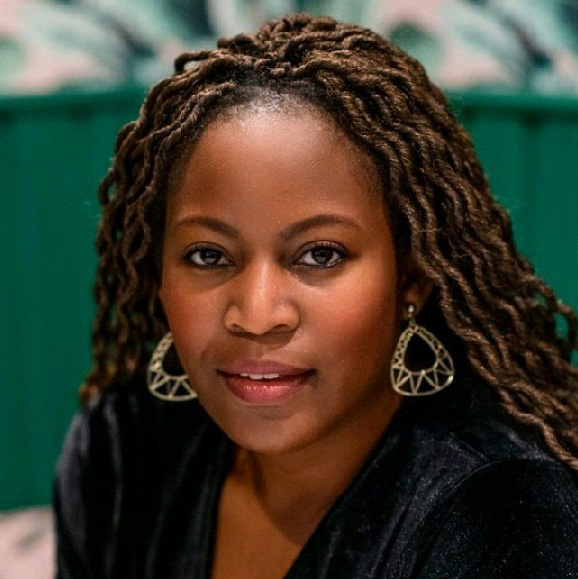 “There’s not one single thing that can make the industry more equitable. It’s going to be a number of things to create systematic change. From how we ensure fair recruitment practices to the culture that we’re creating in our workplaces, ensuring there’s inclusivity — and that this is supported — is fundamental.
“There’s not one single thing that can make the industry more equitable. It’s going to be a number of things to create systematic change. From how we ensure fair recruitment practices to the culture that we’re creating in our workplaces, ensuring there’s inclusivity — and that this is supported — is fundamental.
“We need to see real accountability. It’s not enough to have DEI initiatives in place; we need to hold leaders and organisations accountable for delivering on their promises. Representation at all levels must be intentional and that means creating tangible pathways for under-represented groups to succeed and lead. It’s about making equity a priority, not an afterthought.
Adele Lewis Bridgeman, co-founder and resourcing director, Responsible Resourcing Agency
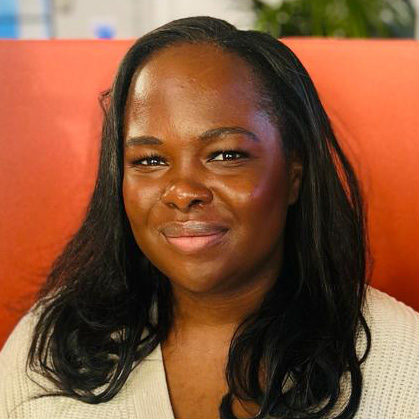 “Inclusion equals income, so for me it is inclusive people practices that will bring around greater equitable representation — especially when hiring is tied to business goals. By that I mean clear DEI people goals that include reviewing your current workforce, looking at skills required, diversifying your recruitment PSL, training your talent acquisition teams and your internal teams, and building strategic partnerships with networks that focus on underrepresented talent.
“Inclusion equals income, so for me it is inclusive people practices that will bring around greater equitable representation — especially when hiring is tied to business goals. By that I mean clear DEI people goals that include reviewing your current workforce, looking at skills required, diversifying your recruitment PSL, training your talent acquisition teams and your internal teams, and building strategic partnerships with networks that focus on underrepresented talent.
“Then, just as crucially, reviewing interview processes and the decision-makers involved — all backed by audits and metrics.”
Michael Balogun, global business development director, Reliz
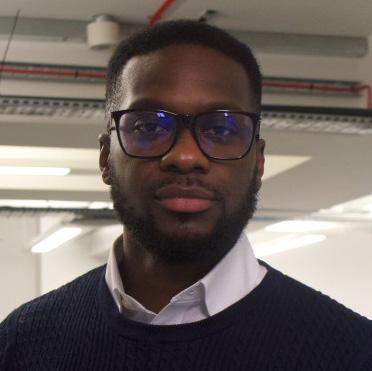 “The one single thing we need is more startups. I’ve always been of the opinion you shouldn’t rely on people to provide opportunities to you or rely on other people to get where you need to be.
“The one single thing we need is more startups. I’ve always been of the opinion you shouldn’t rely on people to provide opportunities to you or rely on other people to get where you need to be.
“When we look at representation and diversification, if you start the business yourself, you are creating that foundation and everlasting legacy — you determine the culture.”
Evelyn Oluwole, global sales director, WeTransfer
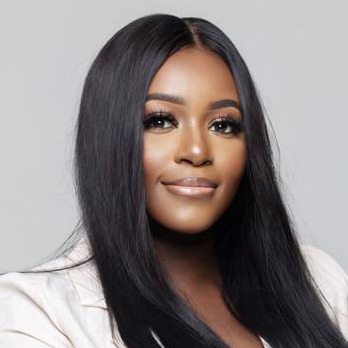 “I think the problem we have as a community is that we are trying to solve a problem that isn’t ours to solve. There is no point having a group of black professionals in the media industry sitting in a room, talking about what they’re going to do about a problem they haven’t caused. I’ve seen it time and time again.
“I think the problem we have as a community is that we are trying to solve a problem that isn’t ours to solve. There is no point having a group of black professionals in the media industry sitting in a room, talking about what they’re going to do about a problem they haven’t caused. I’ve seen it time and time again.
“I don’t have a problem with community, I don’t have a problem with everyone getting together and talking about their challenges, heartaches and struggles — there’s room for that. But when you want to make change, you need to get in place the individuals who can make that change happen.
“Therefore, when it comes to issues around how we’re represented in an industry that has been led by the white man for centuries, we need to bring the white man into the mix. We need white men and women as allies, because there are so many of them that simply do not know how and what they need to do to facilitate change. So we need to bring them into the room to help us move the needle and change representation.”
Nadine Leighton, marketing director, Bright Software Group
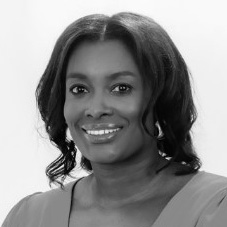 “Stop hiring people that look like you! Some agency managers struggle to hire staff that don’t dress like them, so what are the chances of these people hiring staff that have greater fundamental differences?
“Stop hiring people that look like you! Some agency managers struggle to hire staff that don’t dress like them, so what are the chances of these people hiring staff that have greater fundamental differences?
“Hiring doppelgängers is not what we need. If we’re all open to making this a better industry, we have to be open to saying ‘That person is a bit challenging, that person came with a different idea, that person came with something different’ and understanding that this doesn’t nullify us. In fact, diversity makes us stronger.
“Bringing together different people with different qualities will start to humanise a workforce. Bringing different people from different circumstances and situations can help build an understanding that will lead us all to be better in what we do and how we approach everything.”
Tyrone Stewart, content strategy lead, Bluestripe Group; deputy editor, New Digital Age
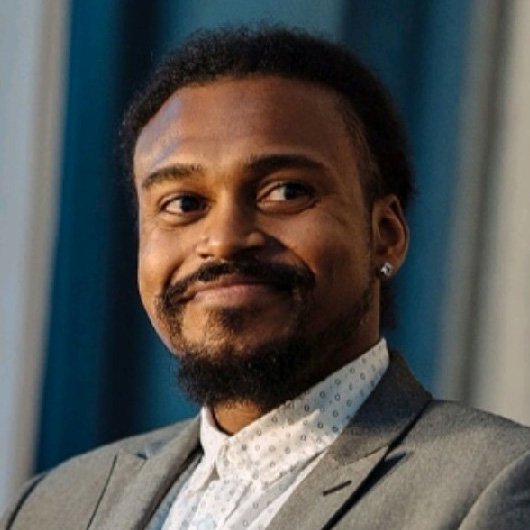 “I think providing more opportunities to diverse voices at conferences, on panels and podcasts, and through thought leadership pieces in publications (trade and national), will bring about effective change in the industry.
“I think providing more opportunities to diverse voices at conferences, on panels and podcasts, and through thought leadership pieces in publications (trade and national), will bring about effective change in the industry.
“It’s a lot harder to change the narrative on a national scale, but the only way to bring change is if diversity exists at all levels. And I think that greater exposure is the most effective way to prove to people in senior positions that ‘we can do this as well, we belong here, we know what we’re talking about’.
“My hope is that this would lead to people of colour appearing in an increasing number of senior meetings. And not only that, but getting the same salaries as everyone around them. It shouldn’t be up to us to show we’re worth it, but that has to be the starting point. Nobody else will do it for us.”
Interviews were conducted by Camealia Xavier-Chihota, marketing and social media director at The Digital Voice.




